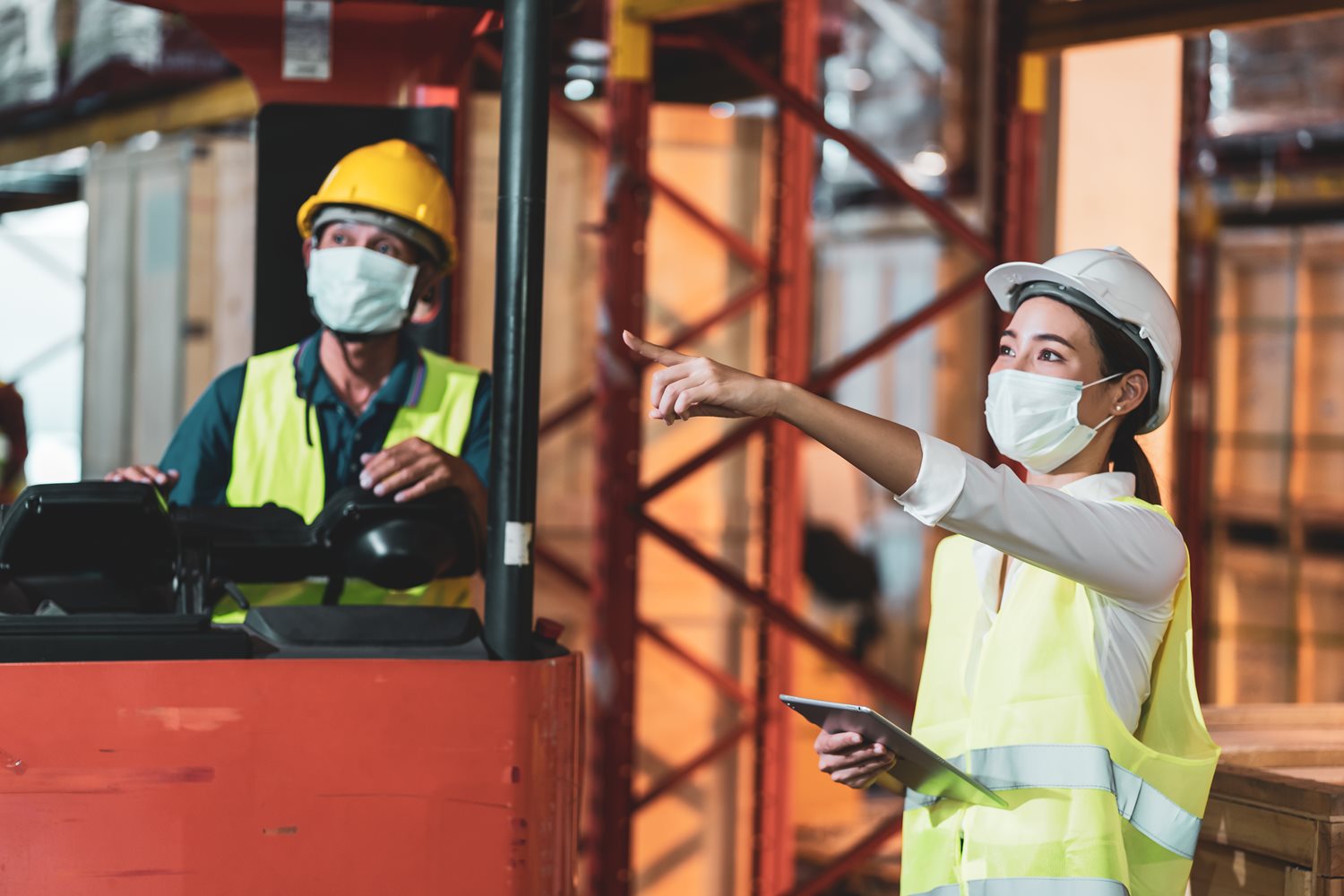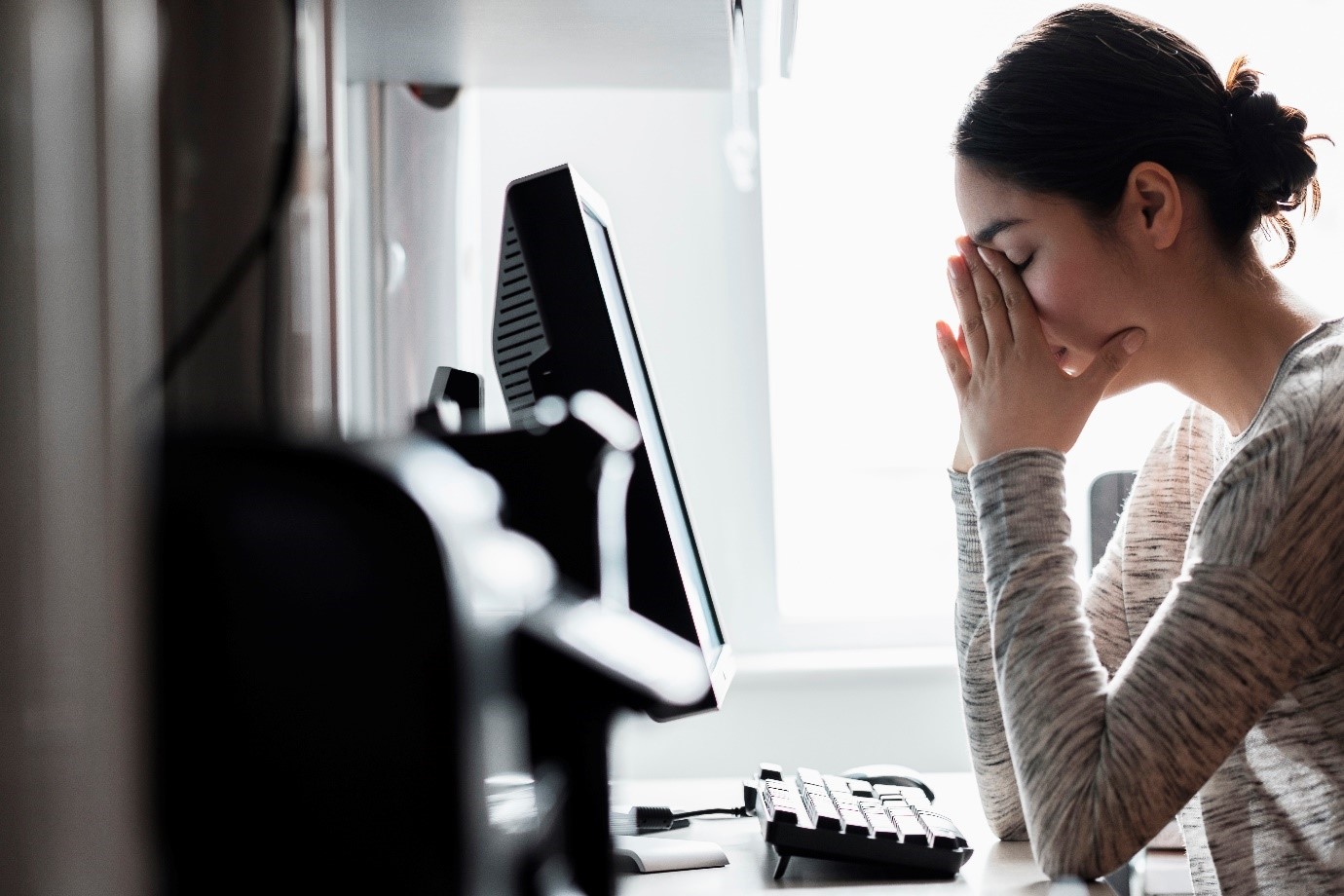Insights
From 19 July 2021, the Government lifted most of the remaining restrictions aimed at controlling the spread of coronavirus (COVID-19) in England.
Separate rules apply to the other nations of the UK. Employers should be aware of any national or local restrictions that apply in the relevant nation.
Employers should carry out a review of the risk of harm from coronavirus in the workplace and determine suitable controls to reduce those risks, in line with their obligations under health and safety legislation.
Employers should also consider the COVID-19 secure guides published by the Government.
Government guidance is subject to change and employers will need to review and amend their risk assessment and control measures accordingly.
The level of risk will depend on the industry sector, the type of work being carried out and the working environment.
Generally, you might consider the following measures with employees returning to work:
Operating safely and effectively
Have minimum number of workers needed to operate safely and effectively, while maintaining social distancing, in work locations.
You may have adopted hybrid working.
Employees with serious underlying health conditions and employees in other vulnerable groups, such as pregnant workers may require adaptations to their respective roles.
If the employee or someone they have been in contact with, has coronavirus symptoms
You should make it clear to employees that if they or anyone they live with develops any of the usual COVID-19 symptoms, they should not attend work and self-isolate in accordance with Government guidance and get tested.
An employee should not attend work and self-isolate if they are required to self-isolate because they have been in contact with a person who has tested positive for coronavirus (unless they are covered by an exemption).
Travel to and from work
Where employees need to use public transport, they should think about social distancing, where possible keeping their distance from others and avoiding touching surfaces. They should also follow any rules in place on wearing a face covering on public transport.
When arriving at work, they should wash their hands thoroughly or use hand sanitizer.
Working patterns
To reduce the risk of infection, you could, for example:
- introduce hybrid working; or
- stagger the workforce's start/end times and breaks
Hygiene and cleanliness
To reduce the risk of infection spread, you may look to introduce the following measures, for example:
- install additional handwashing facilities/hand sanitisers, including at entrances and exits; or
- encourage cleaning work areas and equipment frequently; and/or
Remind your employees to play their part by washing hands etc.
Social distancing measures
Encouraging them to maintain social distancing wherever possible. Examples include: ed the following measures:
- spacing workstations out; and/or
- have floor markings to help workers to maintain social distancing; and/or
- working back-to-back or side to side (rather than face to face) where possible
For meetings, you may suggest employees conduct meetings remotely where possible. When physical meetings are necessary:
- only essential participants should attend the meeting;
- meetings should be kept as short as possible; and
- social distancing should be maintained throughout
Hand sanitisers should be provided in meeting rooms and areas where meetings frequently take place.
Personal protective equipment (PPE)
Determine via a risk assessment what PPE should be worn.
Re face coverings, (which is not usually classified as PPE) this will generally be a matter of individual choice/required while working in public-facing roles, unless the member of staff has a medical reason not to wear one. The use of a face covering is not a replacement for observing our social distancing guidelines.
Flu Jab
You will have also read about the major drive encouraging people to get a flu jab. This year will see the country’s biggest flu programme in history with 35 million people eligible for a free vaccine.
Flu vaccination is important because:
- more people are likely to get flu this winter as fewer people will have built up natural immunity to it during the COVID-19 pandemic
- if they get flu and COVID-19 at the same time, research shows they're more likely to be seriously ill
- getting vaccinated against flu and COVID-19 will provide protection for them and those around them for both these serious illnesses
Most employers do not have a duty to make flu jabs available to their employees or to allow employees to take time off for a flu jab.
Many employers do choose to make arrangements for seasonal flu vaccinations, with the aim of keeping staff healthy over winter and reducing sickness absence levels. Vaccinations can be carried out in the workplace, arranged through a private healthcare provider, or employers can purchase vouchers for employees to use at a participating pharmacy.
Some employees will be entitled to free flu vaccinations from the NHS.
It is for the employer to decide whether or not to provide time off for employees to have a flu vaccination, and whether any time off will be paid or unpaid.






